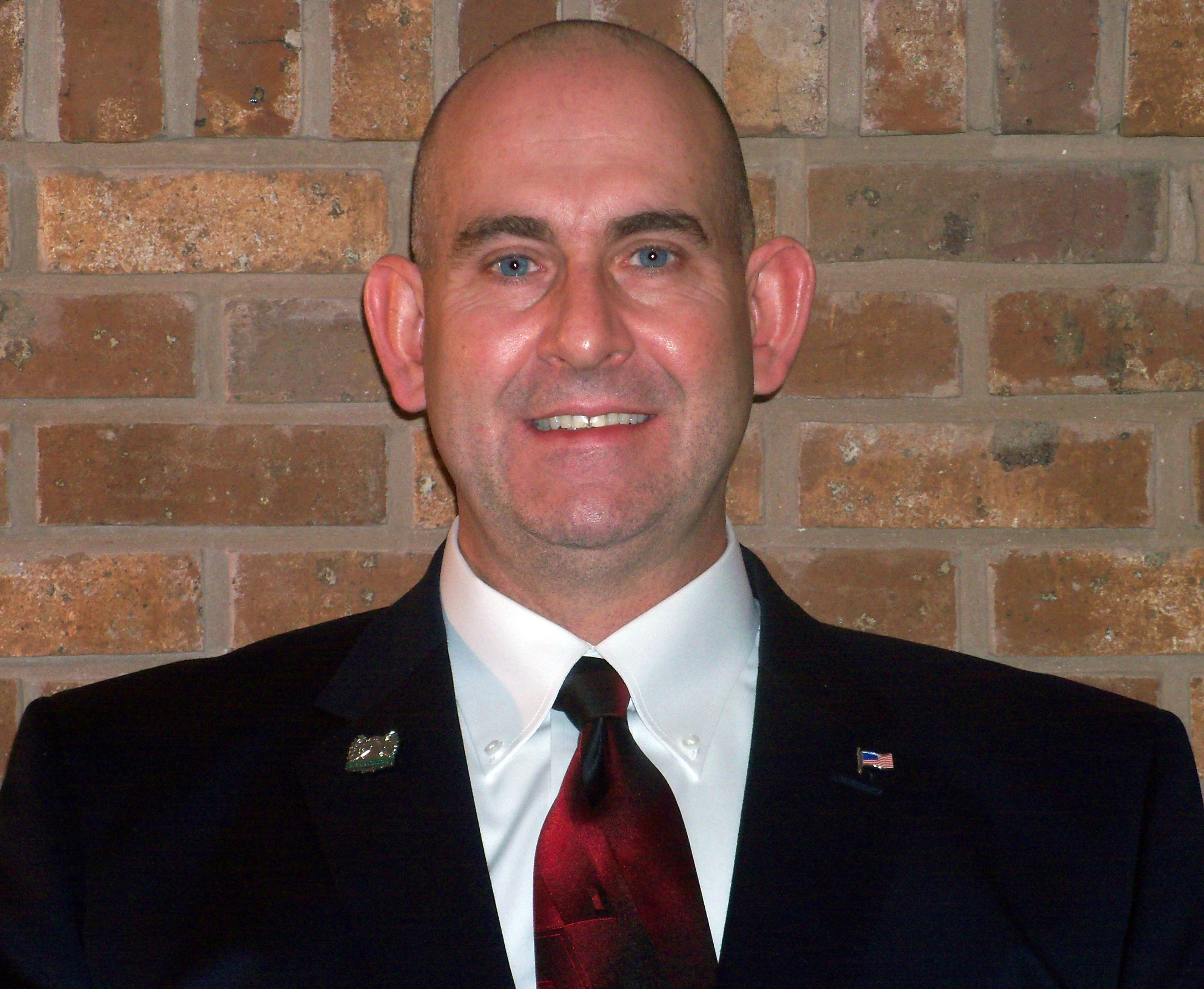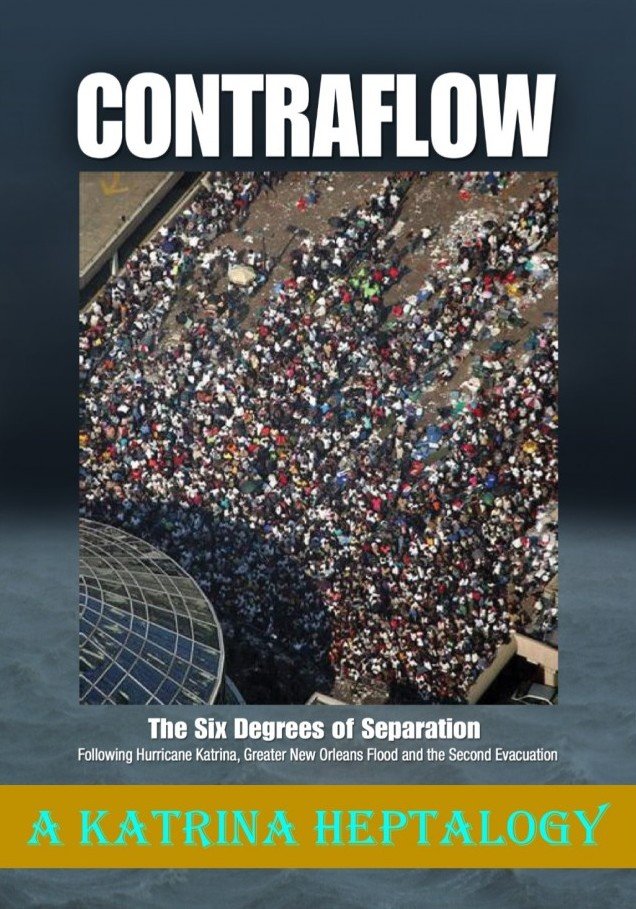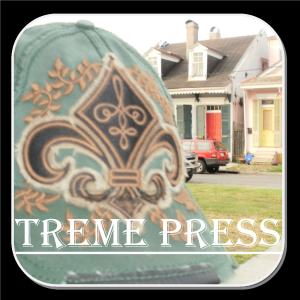Validation and Transition
 In August of 2005 I was in New Orleans to testify in a murder trial on behalf of the Orleans Parish District Attorney’s Office for my role in the 2003 Homicide investigation of victim Shawn Johnson in the French Quarter and the apprehension of 2 of the 3 suspects in my jurisdiction. I had assisted New Orleans Police Homicide detectives during this investigation while serving as a Homicide Detective with the Manatee County Sheriff’s Office (M.C.S.O.) in Bradenton, Florida, which will be profiled on the Investigation Discovery Channel series “Dead of Night” in an episode titled “Bourbon Street Bloodbath” airing March 26, 2013 at 10pm EST.
In August of 2005 I was in New Orleans to testify in a murder trial on behalf of the Orleans Parish District Attorney’s Office for my role in the 2003 Homicide investigation of victim Shawn Johnson in the French Quarter and the apprehension of 2 of the 3 suspects in my jurisdiction. I had assisted New Orleans Police Homicide detectives during this investigation while serving as a Homicide Detective with the Manatee County Sheriff’s Office (M.C.S.O.) in Bradenton, Florida, which will be profiled on the Investigation Discovery Channel series “Dead of Night” in an episode titled “Bourbon Street Bloodbath” airing March 26, 2013 at 10pm EST.
Shortly after the trial finished up on the evening of Friday August 26, 2005 with a guilty verdict, I learned that Hurricane Katrina was expected to impact the greater New Orleans area and the southern gulf coast states in the next 48 hours, thus delaying my return home. I spent the next week in New Orleans eventually ending up at the Morial Convention Center after being ordered out of my hotel room in the French Quarter where I was staying at the bequest of the New Orleans Police Department. I eventually made it safely back home with the assistance of several law enforcement agencies from several states, including my own.
Upon my return to work I was inundated with interview requests about my ordeal in New Orleans from local and national media outlets. I used my experiences as a Hostage Negotiator and Emergency Services Disaster Responder with several hurricane deployments in Florida coupled with what I observed and endured to provide an accurate accounting of events. I also traveled around the state of Florida speaking to various law enforcement and civic groups about my experiences, disaster preparedness and response. This was to begin my own healing process in coping with this disaster, which has helped to define me as the person I am today.
In 2006 M. Darryl Woods contacted me. He had learned of my experiences in New Orleans from news articles and a publication in the Florida Sheriff’s Star journal while conducting research for The Contraflow Project (TCP). Darryl wanted to interview me for TCP. I kindly declined Darryl’s request at the time for professional and personal reasons and informed him that I had my own plans to eventually write a book of my memoirs about my own experiences related to this disaster. I wished Darryl the best in his endeavors and told him I looked forward to reading his book when published.
In 2010 I retired from M.C.S.O. I began to get involved with several non-profit groups in my community and did some law enforcement and training consulting. During the summer of 2011 Darryl reached out to me again and inquired if I had written and published my own memoirs. I explained that I had been so caught up in my career and other projects that I hadn’t really gave it further thought. Darryl explained to me how he became involved in the research for TCP and his accomplishments to date. After listening to his progress on TCP I came away with a much different perspective and admiration for what Darryl has so far accomplished and agreed to be interviewed. He is a skilled interviewer and the questions he asked enabled me to recall many details about what I experienced in New Orleans. This lead to more questions and some startling revelations about particular events I witnessed and experienced. Through the course of our many hours of phone conversations and interviews Darryl and I have developed a mutual respect for one another and a strong professional friendship.
Over the next several months we stayed in touch and Darryl kept me updated on his progress with TCP. In 2012, building upon my experiences from Hurricane Katrina and my other professional and personal experiences, along with an interest for improving law enforcement relations with the citizens of my county and public safety, I decided to run for Sheriff. While I was unsuccessful in unseating my former boss and incumbent Sheriff it was a very worthwhile and rewarding experience and I feel that I made a positive impact on my community, shedding light on various problems and issues while providing viable alternatives and solutions. My campaign for sheriff resulted in bringing me to the attention of local and national media for a series of articles investigating the “Stand your ground law” in Florida and my participation in a documentary about the same for the national cable news show, Current TV. All of these experiences have given me a renewed interest and determination in writing my own book.
I have shared a little about my own experiences which will be included in TCP in an effort to lend validation and accreditation to TCP and to Darryl’s abilities as a writer and historian of this disaster. Writing a book can be a very daunting task. Writing a factual book which tells hundreds of different stories while trying to stay on track and keep everything in perspective for your average research team, with sufficient resources and funding is difficult enough, let alone for one person. Darryl has been that person, who in the early days of September 2005 had a vision of chronicling the events of Hurricane Katrina in the greater New Orleans area as told by the survivors, first responders, law enforcement and government officials impacted by this disaster and who improvised, adapted and overcame many obstacles to save lives and restore order to what was has been one of the largest natural disasters in our nation’s recent history.
With his meticulous attention to detail, accuracy, and interviewing skills along with personal resolve and determination, Darryl could have easily been a Homicide Detective, which in my opinion is the best of the best. As a Homicide Detective I would have wanted Darryl on my team to help solve those difficult cases and see things through. As it turns out, I am now on Darryl’s team helping to make the publishing of TCP a reality. I will continue to lend my technical expertise to this project, along with assisting in the investigative research, fact checking and editing of TCP. I am deeply humbled and honored to have my own experiences included in this book and to be a part of this momentous undertaking and achievement.
Detective Bill Waldron (Retired)









TCP Responses